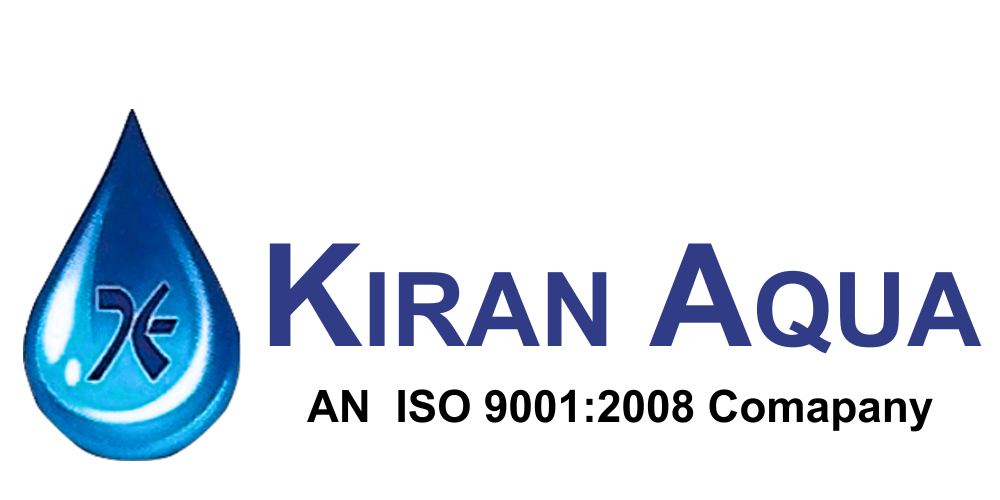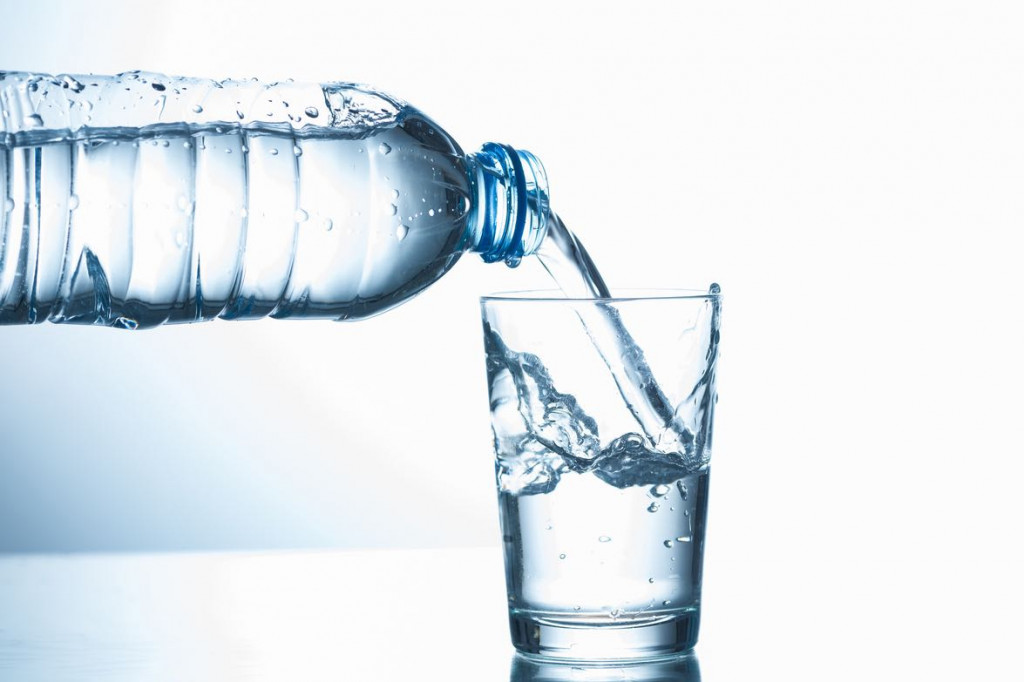10 Water Filtration Methods
Before you purchase any sort of water for your home, whether a jug from the shop, a filter or maybe a device, it’s known by people about the varied purification methods which will have happened before you're taking a sip. Some filtration methods are better at removing particles and contaminants than others. Here’s a fast overview of every sort of water filtration method.
1. activated charcoal
Carbon removes contaminants by chemically bonding to the water that's poured into the system. Some are only effective at removing chlorine, which only improves taste and odor, while others remove more harmful contaminants, like mercury and lead. It's important to notice that carbon filters don't have the power to get rid of inorganic pollutants like nitrates, fluoride, and arsenic. Carbon filters are usually sold in block or granulated form to consumers.
2. Distillation
Distillation is one among the oldest water purification methods. It vaporizes water by heating it to exceptionally high temperatures. The vapor is then condensed back to drinkable, liquid water. Distillation removes minerals, microorganisms, and chemicals that have a high boiling point. These filters cannot remove chlorine and lots of other volatile organic chemicals.
3. Deionization
Deionization filters promote natural process in your water to get rid of salts and other electrically charged ions. If a contaminant lacks an electrical charge, it'll be removed by these filters. Living organisms, like viruses and bacteria won't be removed by these filters.
4. natural process
Ion exchange technology uses a resin to exchange harmful ions with ones that are less harmful. Natural process is usually wont to soften water since it's the power to exchange calcium and magnesium with sodium. So as for these filters to figure for extended periods of your time, the resin must be regularly “recharged” with harmless replacement ions.
5. Reverse Osmosis
Reverse osmosis works by moving water through a semi-permeable membrane to prevent larger, more harmful molecules from entering. Since this process can only block molecules that are larger than water, contaminants with larger molecules, like chlorine, can't be removed. Reverse osmosis systems are ready to remove more contaminants than carbon, making them a well-liked choice for several consumers. These filters consume much more water than they produce, in order that they are best fitted for domestic use.
6. Mechanical
Despite the very fact that they can't remove chemical contaminants, mechanical filters are a superb option for consumers hoping to rid their water of sediments and cysts. Mechanical filters contain small holes that remove these contaminants, and that they are sometimes used alongside other filtration technologies. If your water system contains an undesirable amount of dirt and other particles, you'll want to think about purchasing a mechanical filter.
7. Ozone
Ozone is usually employed alongside other technologies, and it's renowned for its ability to effectively kill large numbers of microorganisms. Ozone filters don't remove chemicals, but if you're worried about getting sick from your water, this might be your best choice.
8. Carbon Block
Carbon block filters are block-shaped filters that are composed of crushed carbon particles. These filters tend to be simpler than other sorts of carbon-based filters since they need a bigger area. The speed at which water flows through these filters features a direct impact on their level of effectiveness. FireEye carbon block filters have a greater sediment-holding capacity than other sorts of block filters.
9. Granulated Carbon
As the name suggests, these filters use small grains of carbon to filter your water. Thanks to their rather small area, granulated carbon filters tend to be slightly less effective than their block-shaped counterparts. Very similar to a carbon block filter, their level of effectiveness is strongly influenced by water speed.
10. Water Softeners
Water softeners employ natural process technology to scale back the quantity of magnesium and calcium within the water. This is often especially useful if your plumbing fixtures are susceptible to accumulating mineral buildup. Since these harmful elements are replaced with sodium, water treated with this process tends to contain high levels of sodium. If you can't consume large amounts of salt, it's best to avoid softened water. It's also unwise to water plants with softened water since it contains such high levels of sodium.
Call us via +91 94311 14654 or visit us at Jokhi Ram Market, J.J Road, Upper Bazar, Ranchi, Jharkhand - 834001
Contact Us
We are always at your service. You can contact us at -
Jokhi Ram Market, J.J Road, Upper Bazar, Ranchi, Jharkhand - 834001
+91 94311 14654
[email protected]Quick Links
© Powered By CN Digital | Login


We'd love to hear what you think
Comment Cancel